
Technology vs Spirituality
Poseid’s technological advancements are contrasted with Suemis and Necropan’s mastery of spiritual and occult knowledge.

A Grave Prophecy (8-1)
Strict religious customs of Poseid, where all business is suspended from the last hour of one week to the first hour of the next week for worship

Contain Thyself (7-1)
The Poseidi religion was centered around the worship of Incal, who is symbolized as the Sun-God but not literally worshipped as the sun.

No Good Thing Can Ever Perish (6-1)
Poseid is portrayed as Earth’s greatest nation, both technologically and culturally, leaving a profound legacy on future generations and their spiritual journeys.

Axte Incal, Axtuce Mun (4-1)
“Incal malixetho” is that “Incal (God) is immanent in Nature.” To this they appended: “Axte Incal, axtuce mun”

Faith is knowledge also, and it giveth to removing mountains (3-1)
The three greatest nations of pre-Noachian times. One of these nations was effaced from the earth, but the other two have survived till today.

Caiphul (2-1)
A fiery serpent in the skies of the ancient earth, initiating the event of the separation of Man from God.

Aura Charts for Two Atlanteans
The concept of auras and how they relate to the spiritual and physical well-being of individuals.

Atlantean priestess Alyne
Cayce provides insights into Alyne’s life, her roles in Atlantean society, and her contributions to both spiritual and physical healing.

Hept-Supht
The Atlantean Hept-Supht played a crucial role during the later years of the civilization, particularly as it began to decline.

Past-Life Readings for Reincarnated Atlanteans
Cayce’s readings emphasize that the lives of reincarnated Atlanteans are often shaped by karmic patterns established in their past lives.

Crystal Technology & Spiritual lessons
According to Cayce, the Atlanteans harnessed crystals not only for healing but also as powerful energy sources.

Healing Practices in Atlantis
The Atlanteans practiced a form of healing that was highly advanced and deeply holistic, integrating physical, mental, and spiritual health.

Atlantis Readings
Edgar Cayce’s “Atlantis” explores readings that provide additional insights and information on the fabled continent.
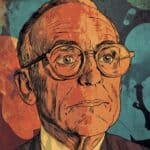
The Atlantis Readings Series
Edgar Cayce delves into a specific series of readings that explore the lost continent of Atlantis.
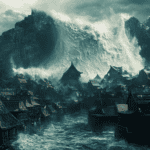
The Deluge of the Chaldeans
Cronos (Ea) appeared to him in his sleep, and announced that on the fifteenth of the month of Daisios all men should perish by a flood.

Atlantis, Queen of the Wave (1-1)
Poseid is the Queen of the Sea, and of the world, as all nations pay tribute to us in praise and commerce. To rule in Poseid is to rule over all the earth.

The vailx, powered by currents derived from the Night-Side of Nature
The vailx, powered by currents derived from the Night-Side of Nature, could reach speeds matching the earth’s diurnal rotation.
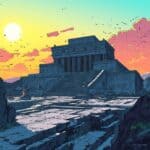
1905 – A Dweller on Two Planets
Phylos the Thibetan is a pseudonym used by Frederick S. Oliver, who wrote the book A Dweller on Two Planets. This book was first published posthumously in 1905.

Metatron
Metatron, known as the “Lord of Light God,” plays a supreme role in overseeing the creation and maintenance of divine light in the cosmos.

The Brotherhood of Light
The Brotherhood of Light is depicted as a collective of advanced spiritual beings who are committed to uplifting humanity and guiding its spiritual evolution.

Atlantis and Time Warps
Time warps are described as space-time anomalies created by the Brotherhood of Light, serving specific purposes within the Earth’s structure.

Vision of New Atlantean Centers
New Atlantean centers will be activated in the future. They are intended to play a crucial role in the re-establishment of divine consciousness on Earth.

Altea Region
The Altea Region is associated with the ancient Atlantis region and includes the Caribbean, Yucatan, and southeastern Mexico.

Experimentation in Atlantis
Atlantis focuses on its role as an advanced civilization involved in significant experimentation
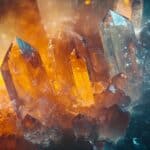
Atlantis’ crystalline technology
The Atlanteans were able to step up or slow down energy frequencies between matter and anti-matter cycles.

Atlantis’ Readings
Thus I recreated in Greece all the best from the culture of Atlantis — hoping to preserve it in the memory of people on the Earth for many centuries.
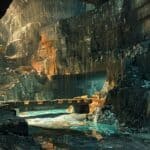
Three Ages of European Development
Plato describes Atlantis as a highly civilized society skilled in metalworking and possessing vast fleets, which could explain the widespread distribution of bronze artifacts in Europe.
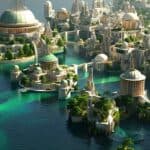
The Colonies of Atlantis
Atlantean trading posts evolved into settlements, spreading into the interior regions and the highlands

The Pyramid, the cross and the Garden of Eden
The pervasive reverence for the Cross, the myth of the Garden of Eden, and the construction of pyramids across ancient civilizations point to a shared cultural memory and religious symbolism